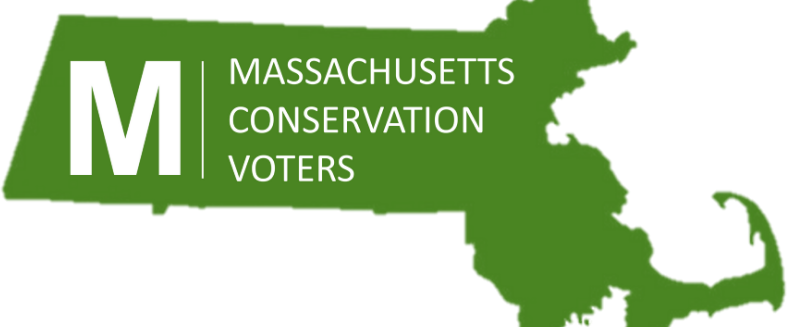ARPA money needed for nature, open space
David O’Neill & Deb Markowitz | Commonwealth Magazine | March 8, 2022
David O’Neill is the president of Mass Audubon and previously served as the chief conservation officer and senior advisor to the CEO at National Audubon Society. Deb Markowitz is Massachusetts director for The Nature Conservancy. She previously served as Vermont’s Secretary of State.
https://commonwealthmagazine.org/opinion/arpa-money-needed-for-nature-open-space/
Last fall, the Massachusetts Legislature invested $4 billion of state and federal funds in a COVID recovery. The lawmakers’ priorities – support for essential workers, investments in housing and healthcare systems, and initiatives in education and workforce development – are laudable and at the time were truly necessary and addressing them was time-sensitive.
And yet, the pandemic has laid bare the need for nature and open spaces in the most-impacted communities. Unfortunately, substantial investment in parks and open space as part of the American Rescue Plan Act COVID relief was pushed to another day.
Of course, we shouldn’t be surprised: Massachusetts has underfunded outdoor recreation and parks for years. According to a Massachusetts Department of Conservation and Recreation Special Commission Report (December 2021) that the Legislature itself ordered, we are dead last in per person spending on parks and recreation in the United States. We invest approximately $50 million annually in parks and recreation, almost exactly level in inflation-adjusted dollars to where we were after the recession, and a far cry from the initial years of former governor Deval Patrick, where annual investment cleared $70 million.
Compared to neighboring states, there are missed opportunities with the first round of funding. Massachusetts approved only $15 million for land preservation out of its initial ARPA package. But, we need far more than that for conservation, access, and maintenance. In contrast, Maine invested $50 million, and New Hampshire invested $23 million, in open space and state parks, and their respective discretionary ARPA allotments are significantly smaller than ours. Chronic underinvestment in parks and open spaces leaves behind those communities who need it the most: areas most impacted by COVID – such as Chelsea, Everett, and Revere – and have the least access to natural spaces essential to mental and physical well-being. Across New England, communities of color have approximately 60 percent less land protected than in the wealthiest communities.
Investments in nature help our communities by reducing the impacts of extreme climate-induced weather such as flooding, intense heat, and drought, and mitigate against climate change by absorbing carbon from the atmosphere. In addition, the mental and physical health benefits of being active and getting outside are well-documented.
Massachusetts, in turn, benefits from a strong outdoor recreation economy, contributing $10.5 billion annually to the state’s gross domestic product, directly supporting 114,000 jobs and resulting in $5.5 billion in wages and salaries. The benefits of outdoor recreation to boost physical, mental, and emotional health have become increasingly clear during the COVID-19 crisis, through high demand. However, most state parks, beaches, and trails are in disrepair.
As the governor and state lawmakers gear up to debate the next round of ARPA investments, it is essential to drive more state and federal investment to nature, parks, and open spaces. This is a downpayment on our future. To address the state’s nature deficit, the Legislature needs to direct at least $200 million in the next round of ARPA funding to open space and parks. We also need to commit to sustained, annual funding, but this is an essential first step.
To read the full story, please click here.
